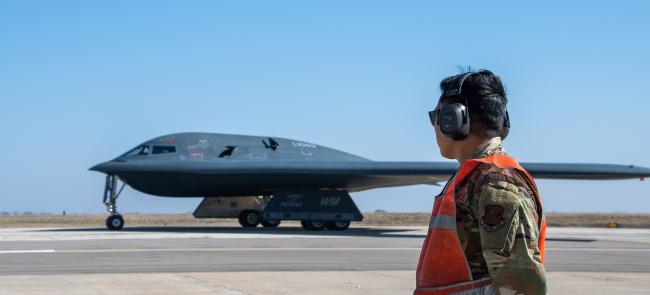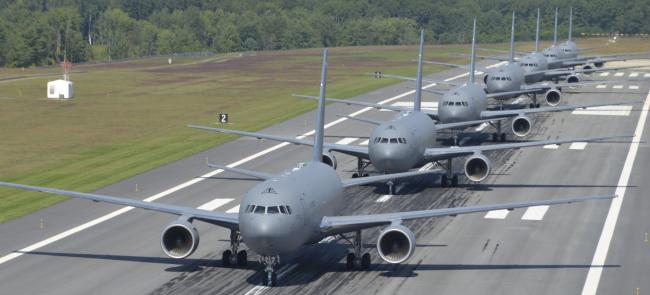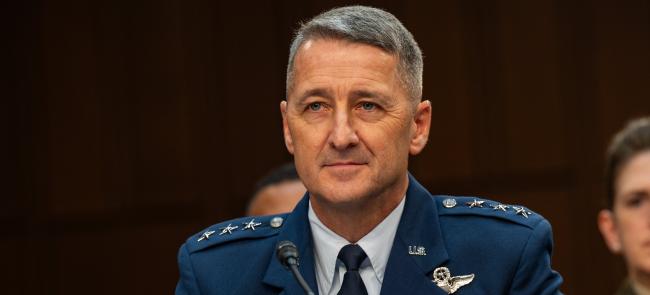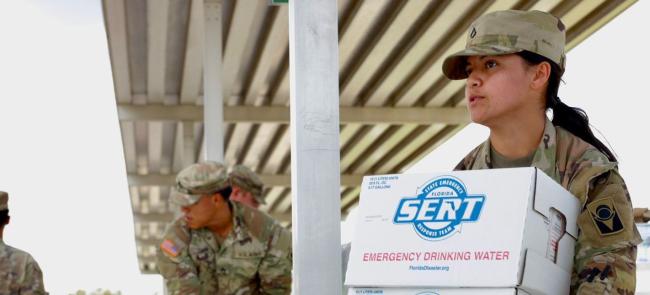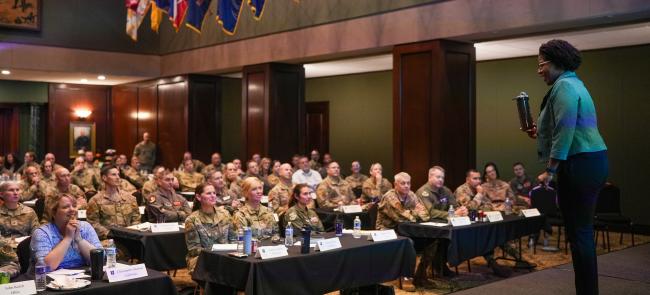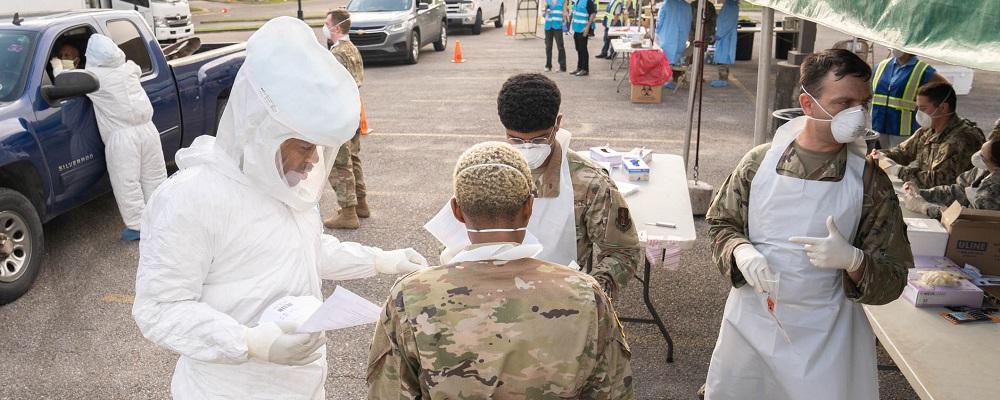
WASHINGTON (April 2, 2020) — Retired Brig. Gen. J. Roy Robinson, the NGAUS president, issued the following statement:
“Governors and National Guard leaders greatly appreciate President Trump’s actions to put Guard soldiers and airmen engaged in fighting the COVID-19 outbreak in many states on Title 32 orders.
“This action covers the troops’ pay, while keeping them under the command of their governor, who knows best how to employ them in this crisis. It was also supposed to provide health care in the form of the military’s TRICARE medical coverage.
“Unfortunately, that is not happening.
“Federal authorities are only allowing states and territories to put their Guardsmen on federal orders in increments of 30 days. To be eligible for TRICARE, they need to be on orders of at least 31 days. They are just one day short.
“They can go to military treatment facilities if they are hurt or fear they are infected with the coronavirus, but most are not serving near such a facility. Only TRICARE would enable them to go to local doctors and hospitals without digging into their own pockets or using their own private coverage. This has both immediate and potential long-term consequences.
“COVID-19 is the nation’s greatest public health crisis in more than a century. The president says we are at war. Guardsmen on the front lines of this fight need our nation’s full support. They are not getting it.”
# # #
Reporters, Editors & Producers: Retired Brig. Gen. Roy Robinson is available for interviews or to appear as a subject matter expert on issues related to the National Guard. Contact John Goheen at 202-408-5882 to schedule an interview or appearance.
About NGAUS: The association includes nearly 45,000 current or former Guard officers. It was created in 1878 to provide unified National Guard representation in Washington. In their first productive meeting after Reconstruction, militia officers from the North and South formed the association with the goal of obtaining better equipment and training by educating Congress on Guard requirements. Today, 142 years later, NGAUS has the same mission.

